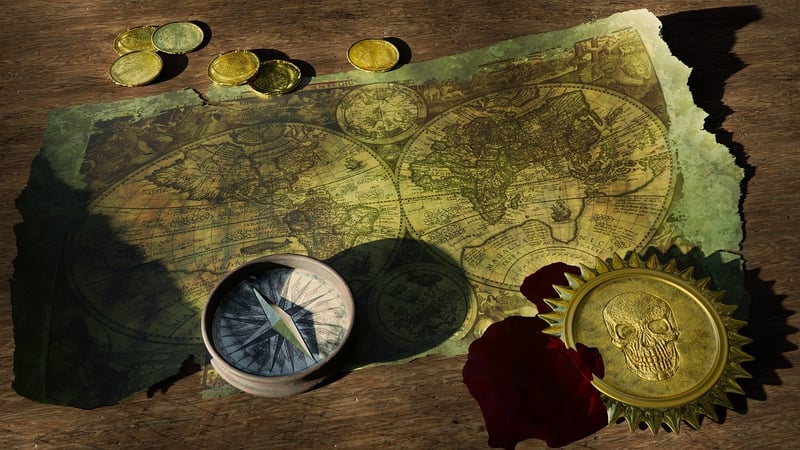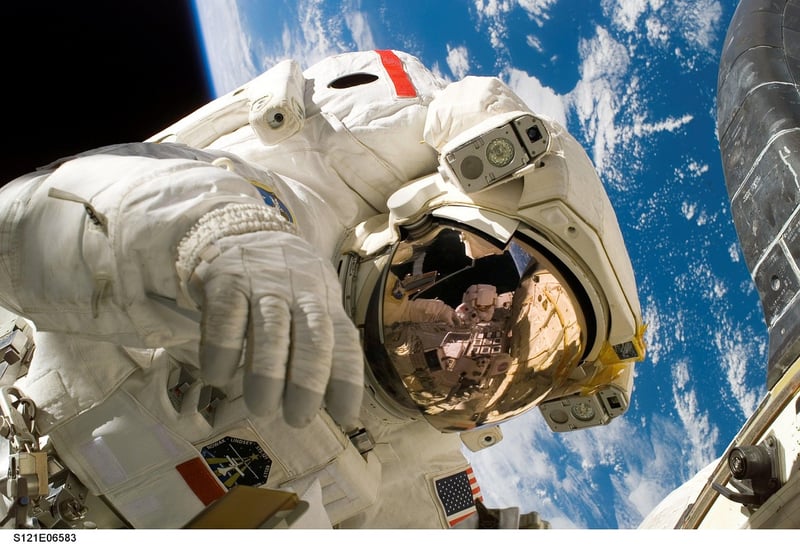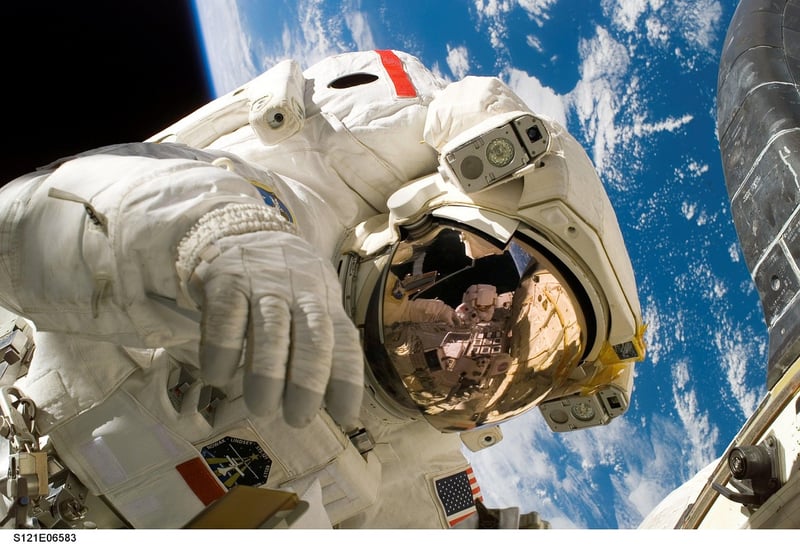Future Exploration
The Evolution of Exploration Through Different Eras
Ancient Times
In ancient times, exploration was driven by curiosity and the search for new lands. The Phoenicians, Egyptians, Greeks, and Romans were among the early explorers who ventured into unknown territories by sea and land.

Age of Discovery
The Age of Discovery in the 15th to 17th centuries marked a significant period of exploration. Explorers like Christopher Columbus, Vasco da Gama, and Ferdinand Magellan embarked on voyages that led to the discovery of new continents and trade routes.

Colonial Expansion
Colonial expansion in the 18th and 19th centuries saw European powers establish colonies around the world. This period of exploration was driven by economic interests, competition for resources, and the spread of culture and influence.

Modern Exploration
Modern exploration in the 20th and 21st centuries has focused on space, the deep sea, and extreme environments. Advances in technology have enabled humans to reach new frontiers and expand our understanding of the universe.

Future of Exploration
The future of exploration holds exciting possibilities. With ongoing advancements in robotics, artificial intelligence, and space technology, we may soon see humans landing on Mars, missions to distant planets, and further exploration of the universe beyond our solar system.

Exploration has always been a driving force for human progress, pushing the boundaries of knowledge and expanding our horizons. Whether it's the ancient seafarers navigating uncharted waters or modern scientists probing the mysteries of the cosmos, the spirit of exploration continues to inspire us to reach for the stars.
Keep exploring, keep discovering, and keep pushing the limits of what is possible.
